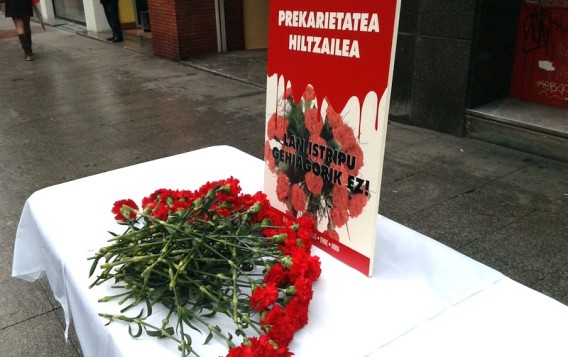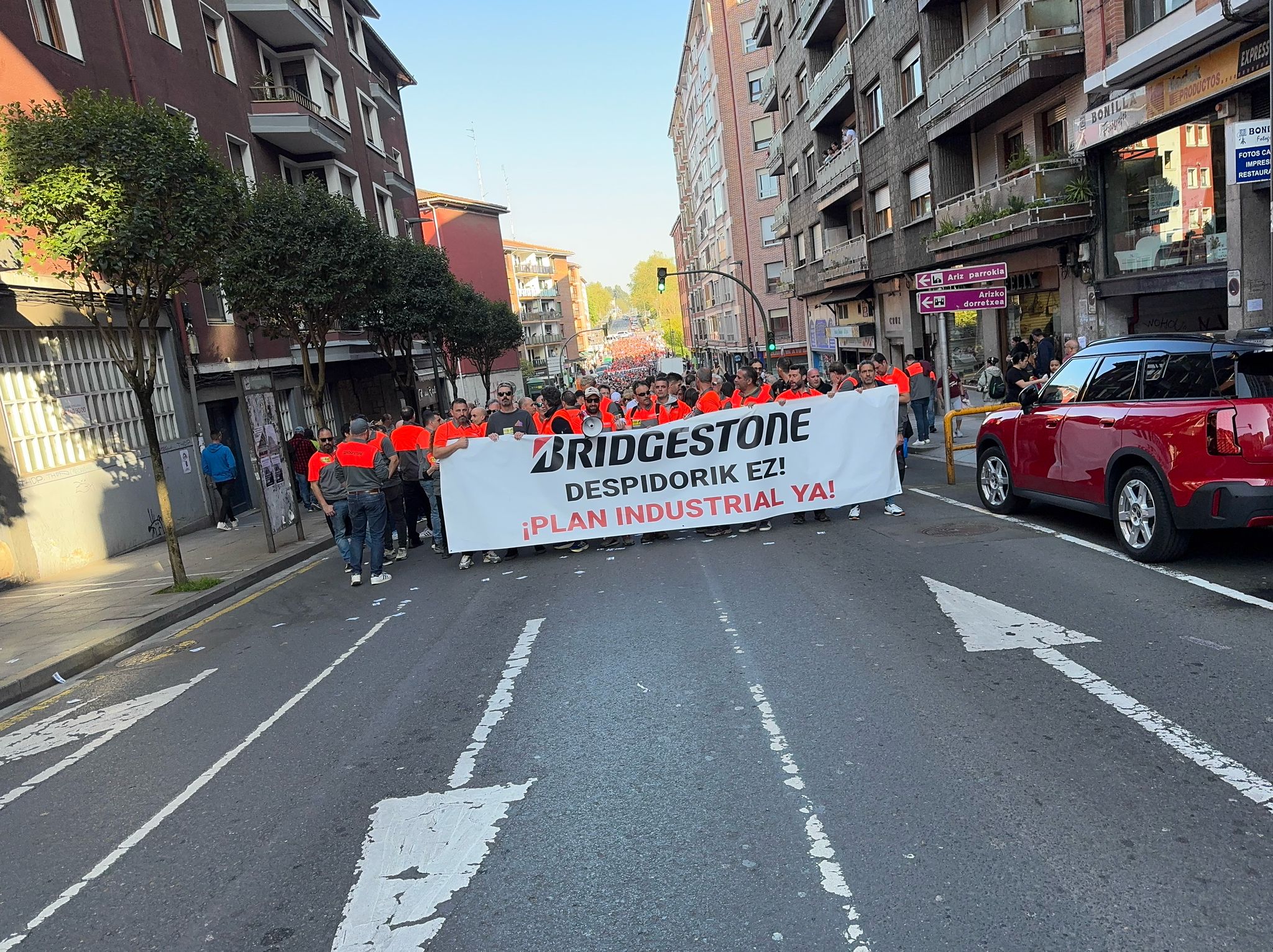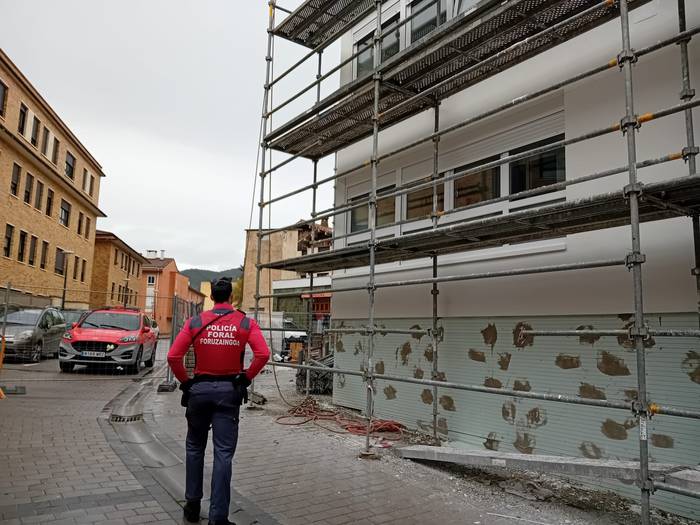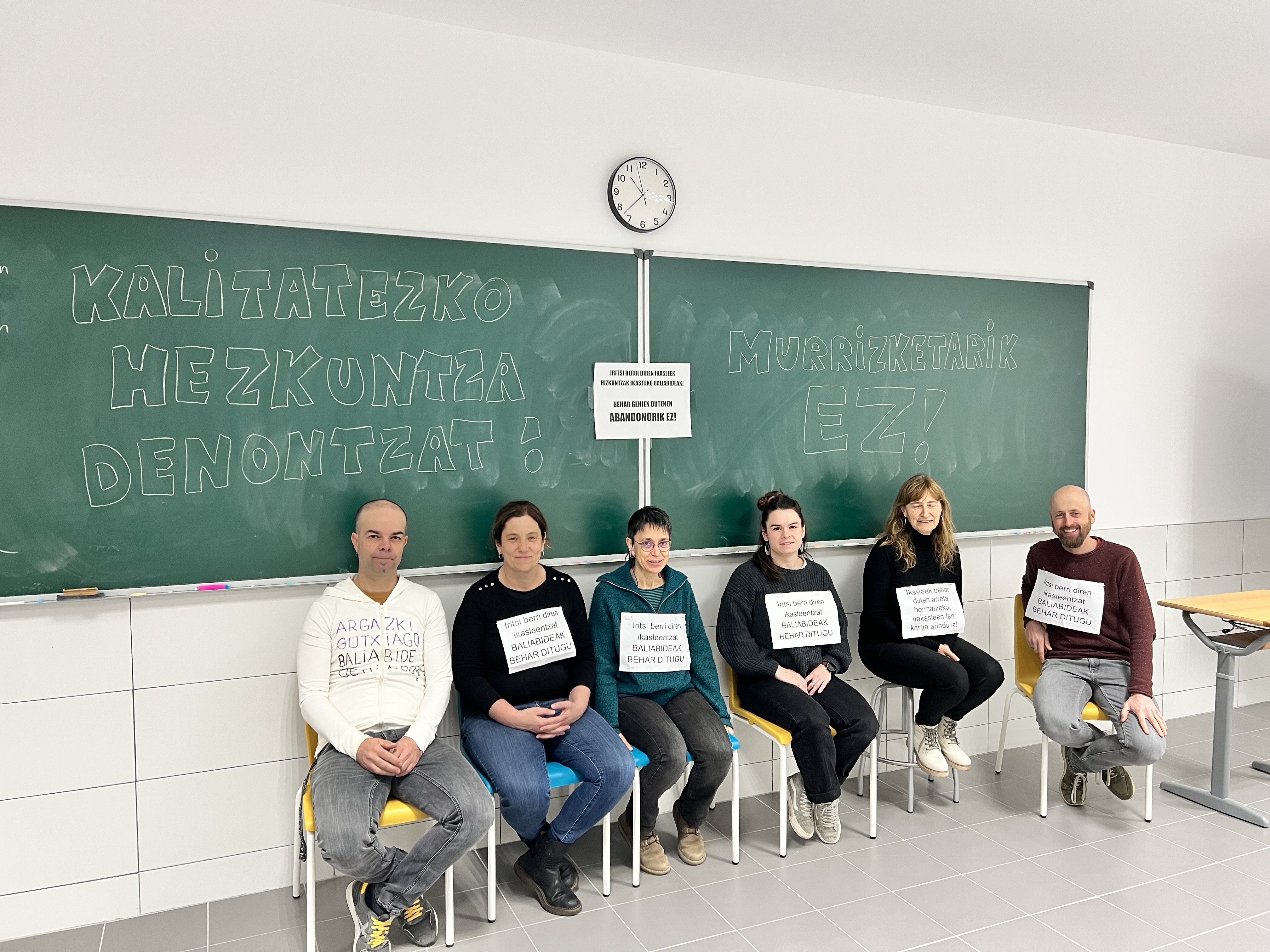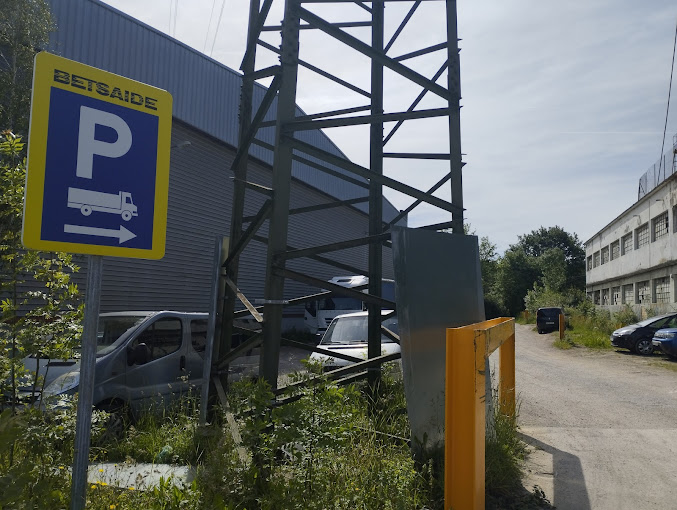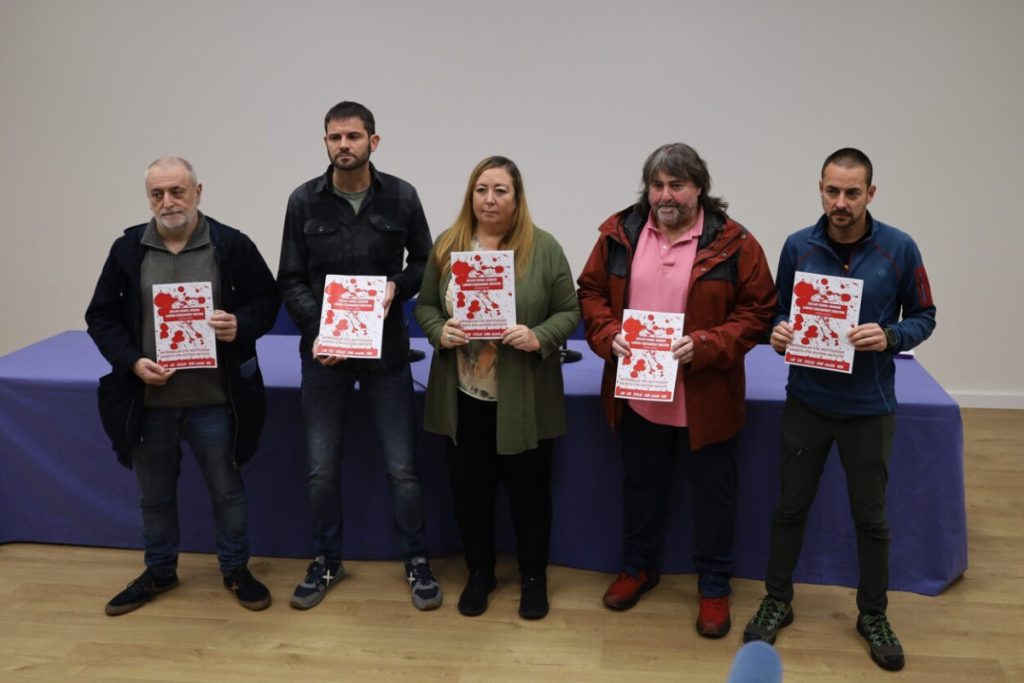Small businesses are also busy.
- The economic, labour and social crisis caused by COVID-19 has exposed thousands of small businesses that are closing their doors without the possibility of reopening, with the loss of tens of thousands of jobs.

Leaders and politicians often say: “We won’t leave anyone behind,” but unfortunately it’s not true. Trade unions and social movements are usually more concerned and mobilised with large and medium-sized enterprises or with public sectors.
As representatives of workers from large companies and public sectors have the capacity to mobilise, communicate and draw the attention of the media, everyone knows their situation, such as ITP, Gestamp, Gamesa, Trenasa, Tubacex, Matricerías de Deusto, GT, La Naval or that of public sectors such as education or health. However, there are also thousands of other people working in their service (auxiliary staff, subcontractors, suppliers, hospitality services, transport…) who are losing employment due to the crisis.
Faced with this, we should seek inclusive and forward-looking social policies. As long as this situation lasts and the Temporary Employment Regulation Dossiers are in place, even later, the administrations should take advantage of this to ensure that working people have a life worthy of personal training, especially the younger ones.
According to Manpower-Group, in 2019 the most difficult skilled manual professions in the Spanish State, where we do not have data from the French State, were: electricians, welders, mechanics, carpenters, masons and plumbers. Many of the people who go through college have pockets of unemployment or have to be exiled.
Zenbait urtetatik hona sarri entzuten dugun kontzeptua da zaurgarritasuna. Gaur gaurkoz, diskurtso politikoetan pertsona zaurgarriez aritzea ohikoa da. Seguru nago nik ere inoiz erabili dudala berba hori Bizilan.eus webgunean, eskubide laboralak eta prestazio sozialak azaltzeko... [+]
Economists love the charts that represent the behaviors of the markets, which are curves. I was struck by the analogy of author Cory Doctorow in the article “The future of Amazon coders is the present of Amazon warehouse workers” on the Pluralistic website. He researches the... [+]
Buñueleko (Nafarroa) kasuan, 34 urteko gizona makina batean harrapatuta geratu da. Arratzun (Bizkaia), aldiz, garabiak goi-tentsioko linea bat ukitu ostean hil da 61 urteko gizona.
Institutuko giza baliabideak hobetzeko eskatu dute irakasleek, ikasleei kalitatezko arreta eman ahal izateko. Kartelekin eta pankartekin itxaron diete irakasleek lehendakariari. Jaurlaritzako ordezkariek ikastetxeko zuzendaritzari esan diote ez zutela "horrelakorik... [+]
Datorren astelehenean egingo dute espedientearen kontsulta epeko bigarren bilera.
Betsaide enpresan gertatu da, 08:00ak aldera. Urtea hasi denetik gutxienez bederatzi behargin hil dira.
2024ko laneko ezbeharren txostena aurkeztu dute LAB • ESK • STEILAS • EHNE-etxalde eta HIRU sindikatuek aurtengo otsailean. Emaitza larriak bildu dituzte: geroz eta behargin gehiago hiltzen dira haien lanpostuetan.
Jakina da lan ikuskariak falta ditugula geurean. Hala ere, azken egunotan datu argigarriak ematea lortu dute: lan ikuskaritzaren arabera, EAEko enpresen %64ak ez du ordutegien kontrolean legedia betetzen. Era berean, lehendakariordeak gaitzetsi du, absentismoaren eta oinarrizko... [+]








